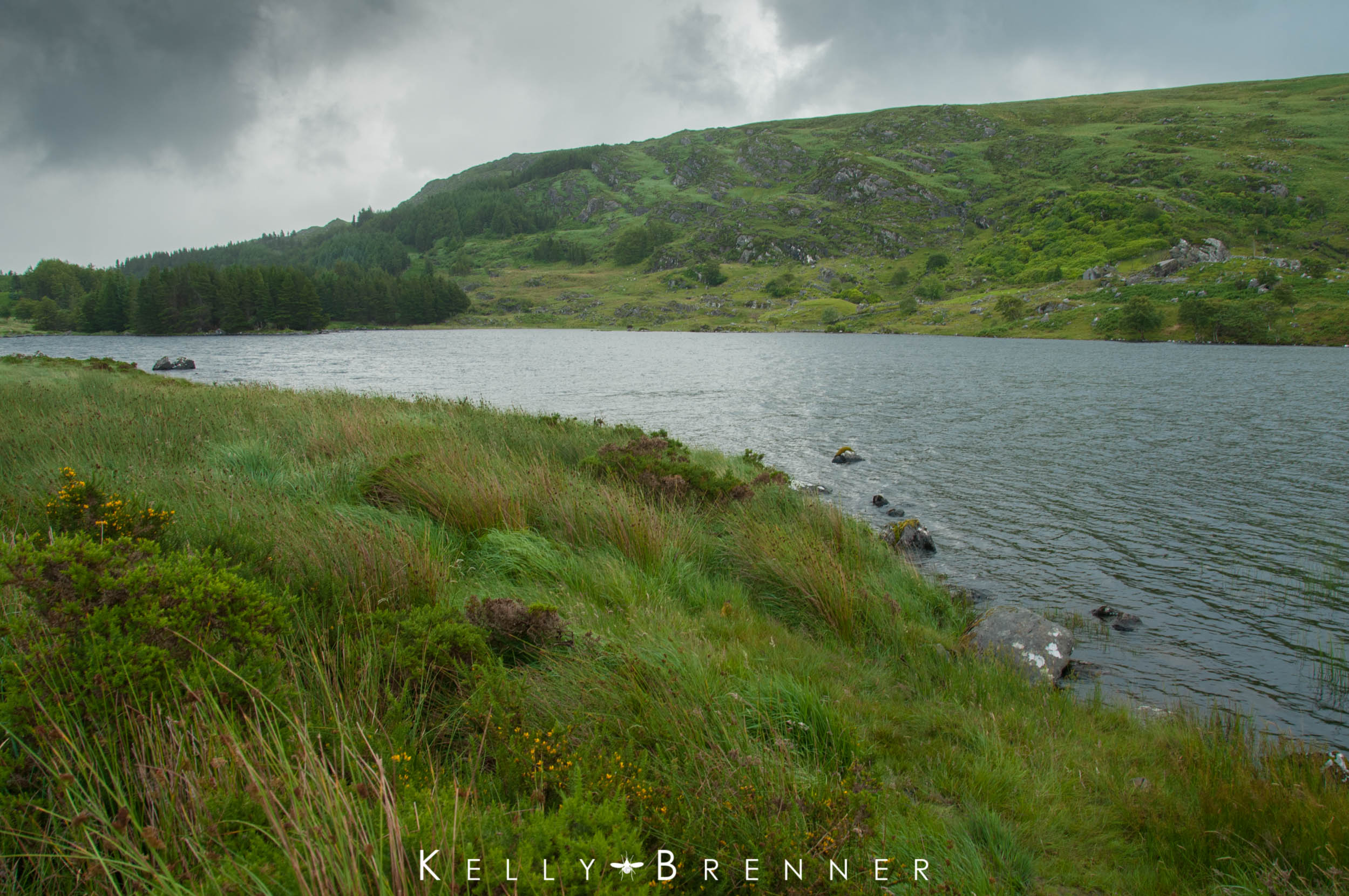Once in a while you encounter something that for unknown reasons, burrows deeply into you. This happened to me over a decade ago in Dublin. I visited an exhibit about William Butler Yeats at the National Library of Ireland. I had never read any of this poems before and walked through the displays with interest. But it was the moment I stood in the middle of a circular display that burrowed into me. Yeats read one of his poems over speakers, a disembodied voice traveling from the past and into my ears. His voice was haunting and I’d heard nothing like it before, or since. The words were lost to me over time, but his voice was not and I still hear it when I read his poems today. Because of that experience I’ve now read many of his poems as well as his books on Irish folklore. I recently found that very recording I’d heard so long ago online and I want to share it here. It’s of The Lake Isle of Innisfree and you’ll find him reading it below the poem. I still feel an incredible, but indescribable feeling when I hear it. Now that I’ve found the words again, I feel even more connected to it because it’s exactly the thing I long for.
By William Butler Yeats
I will arise and go now, and go to Innisfree,
And a small cabin build there, of clay and wattles made;
Nine bean-rows will I have there, a hive for the honey-bee,
And live alone in the bee-loud glade.
And I shall have some peace there, for peace comes dropping slow,
Dropping from the veils of the morning to where the cricket sings;
There midnight’s all a glimmer, and noon a purple glow,
And evening full of the linnet’s wings.
I will arise and go now, for always night and day
I hear lake water lapping with low sounds by the shore;
While I stand on the roadway, or on the pavements grey,
I hear it in the deep heart’s core.
Yeats read this poem several times and you can find more recordings of this poem, and a couple more, at PennSound.






